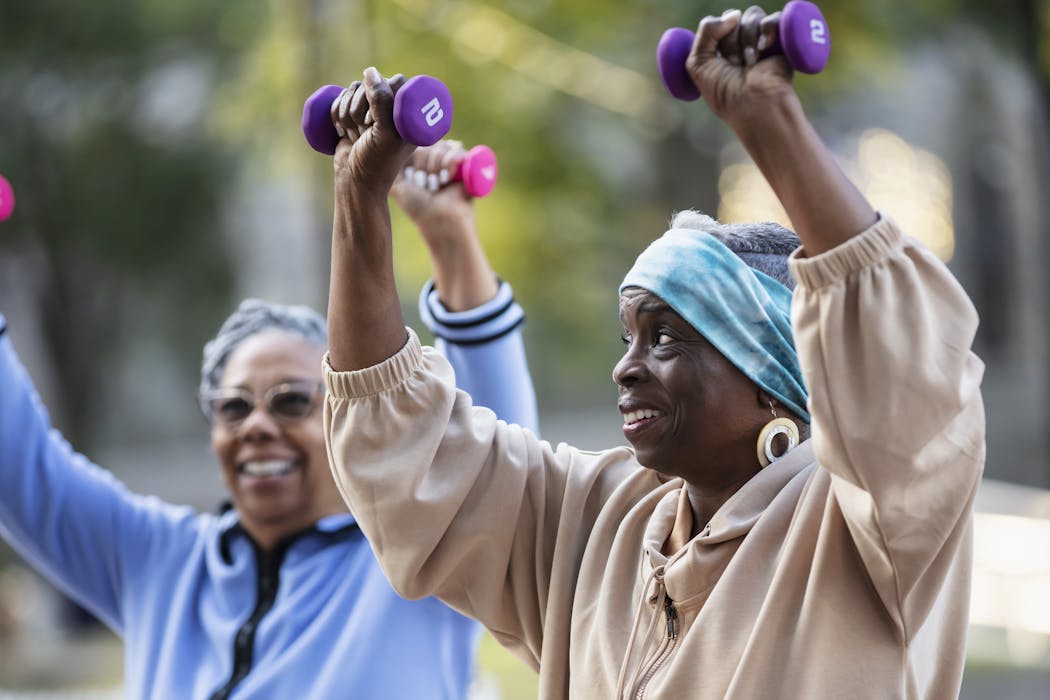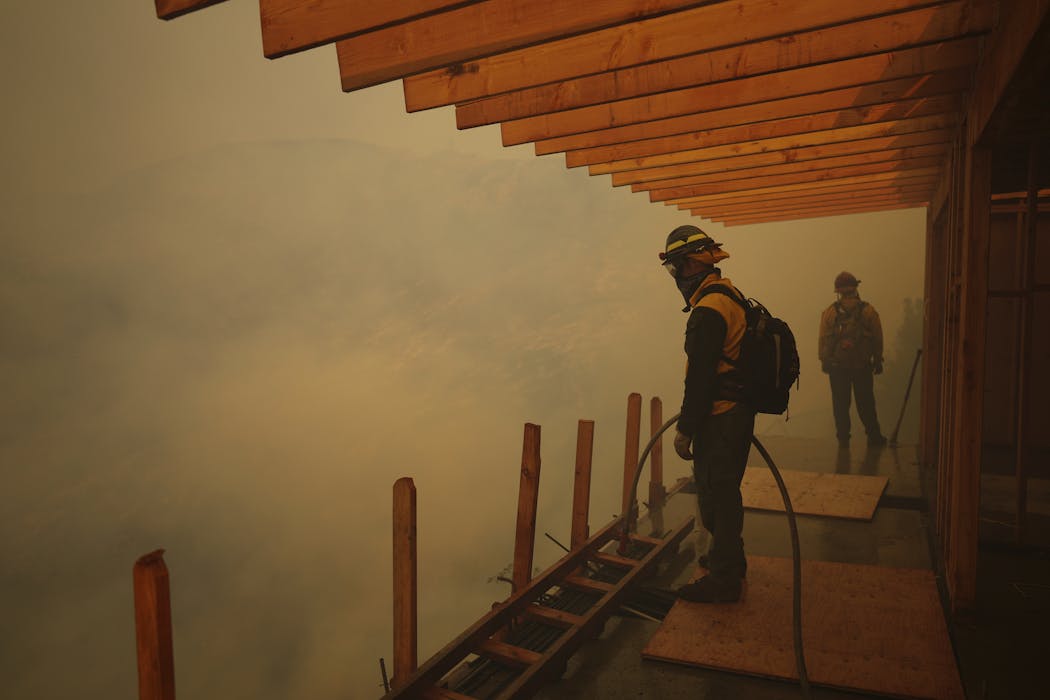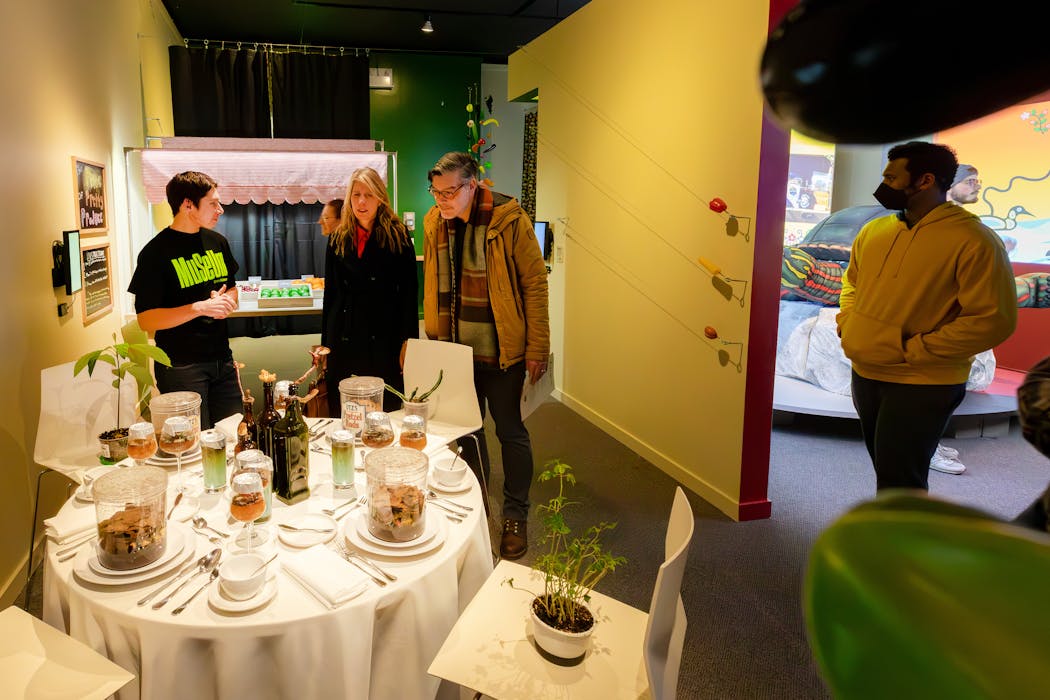Philly’s walkable streets and public parks offer older residents chances to stay active – but public transit and accessibility pose challenges
- Written by Laura Baehr, Assistant Professor of Physical Therapy and Rehabilitation Sciences, Drexel University
 Daily movement and regular strength training support healthy aging.kali9.iStock via Getty Images Plus
Daily movement and regular strength training support healthy aging.kali9.iStock via Getty Images PlusOne in five Philadelphians are age 60 or older, and the city’s senior population has been growing for at least the past decade.
I’m a Philly-based physical therapist and researcher who studies how to boost physical activity for seniors...








